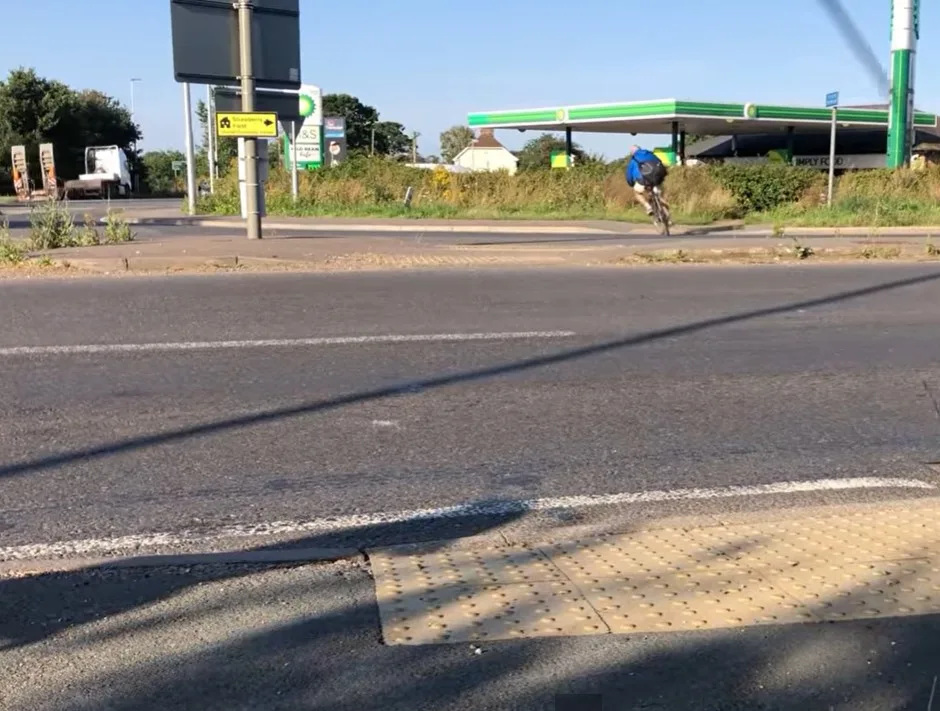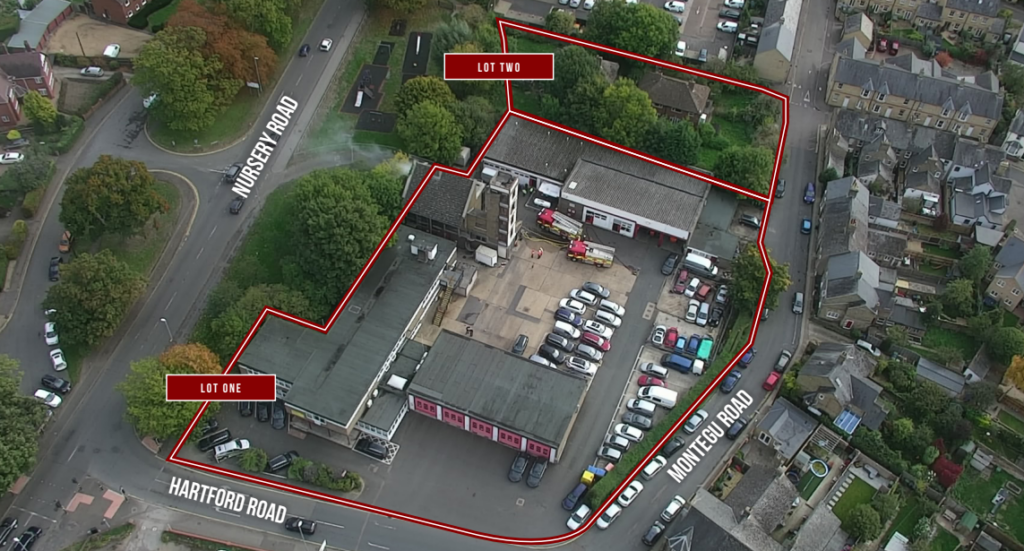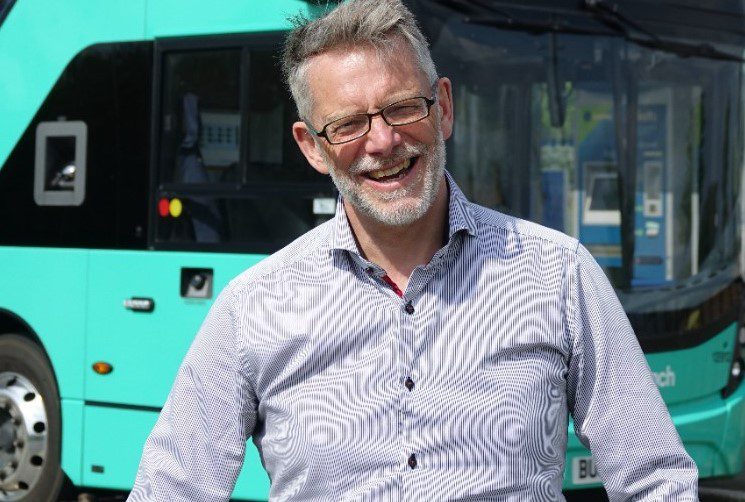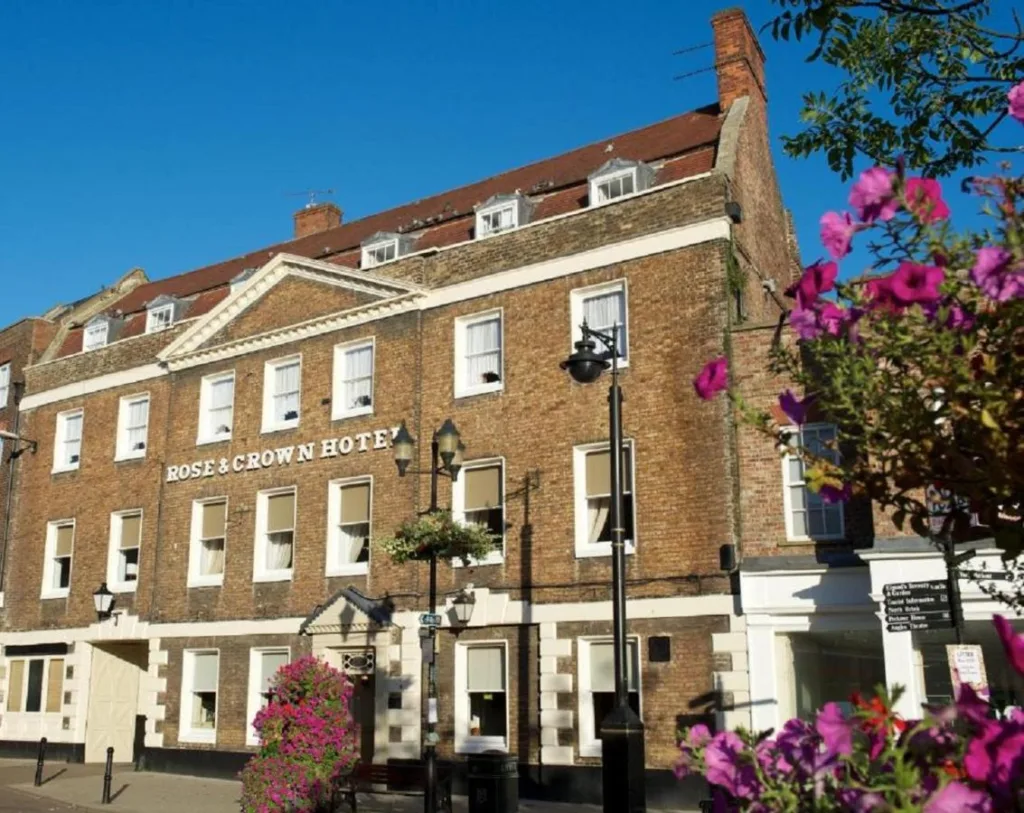Wisbech rail resurfaced today at a Cambridgeshire and Peterborough Combined Authority meeting after it was revealed that a FIFTH option to connect the town to March is being considered. It was a subject which had been mysteriously absent throughout the General Election and rarely, if ever, mentioned by NE Cambs MP Steve Barclay.
Cllr Anna Smith, chair of the transport and infrastructure committee, said that autonomous vehicles “which could provide innovative and a cost-effective alternative to rail guided systems” were now on the table.
She explained the more recent thinking after being questioned on delays to bringing the latest update on Wisbech rail before her committee.
NEW VIDEO: PQ from @RailfutureEA to @CambsPboroCA on @WisbechRail – one for @FenlandCouncil residents. https://t.co/ZClwJygu67 cc @CambsNewsOnline
— Antony Carpen (@ACarpenDigital) July 22, 2024
Her disclosure of the latest option came in response to a public question from Paul Hollinghurst, secretary of Railfuture East Anglia, an independent organisation campaigning for better rail services for passengers and freight.
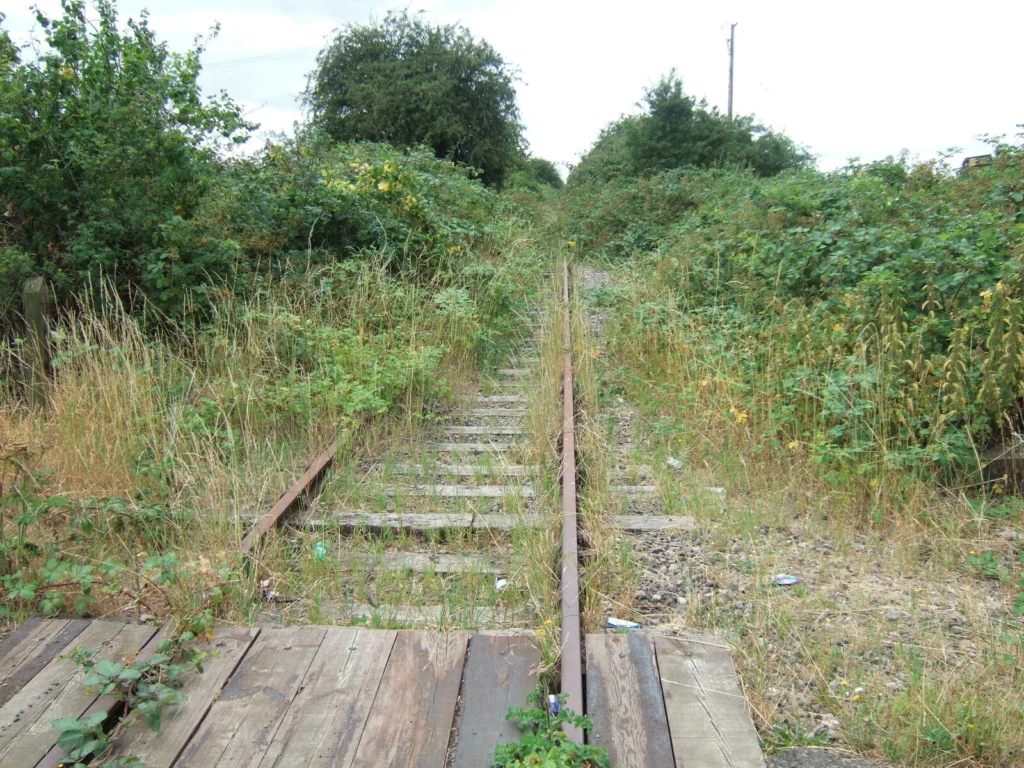
Mr Hollinghurst wanted to know what happened to the promised appraisal commissioned to re-open the line and a promised deadline which had been missed.
“Delays were announced at the September 2023 meeting, then at the November 2023 meeting it was reported that it would be available by 31st March 2024,” he said.
“Since then, there has been nothing in the agenda for the June 2024 or July 2024 TIC meetings, and it no longer appears in the agenda plan.
“Please can you provide a full and transparent status update, including the current thinking and how the interim Wisbech to March shuttle being evaluated in the current Network Rail and Combined Authority study would evolve into the desired through service to Cambridge once the Ely Area Capacity Enhancement is complete.”
Cllr Smith began by pledging the Combined Authority remained “steadfast” in its commitment to the Ely scheme and she was confident that would be the policy of the new Labour government.

On the Wisbech scheme she said the Combined Authority was advancing the development of a passenger transport link between Wisbech and March “which is needed to boost connectivity and productivity in the region”.
She said last November’s meeting highlighted the four options that were then on the table, these being:
1: Heavy (conventional) rail transport link
2: Implementation of a tram train, a hybrid heavy/light rail system with sub options for connectivity with the existing local network
3: Tram (light rail) transport system
4: Introduction of a VLR (very light rail system).
But she said that following publication of those options, the Combined Authority had explored with Network Rail a fifth.
This involved the possibility of “autonomous vehicles which could provide innovative and cost-effective alternative to rail guided systems
“Alternatives may offer faster cheaper superior service compared to traditional transport types which is why we are keen to be in the mix”.
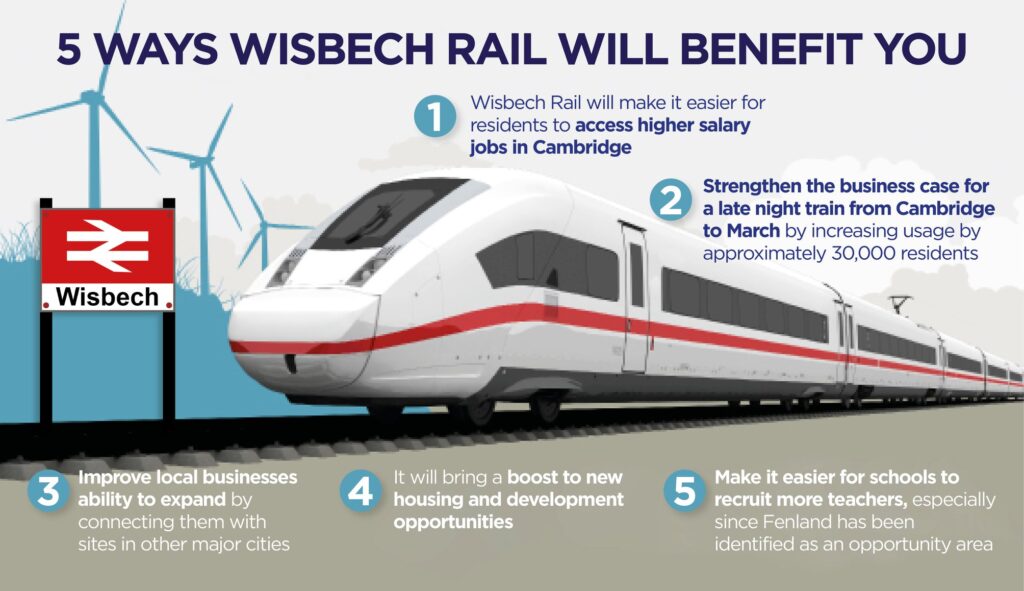
Cllr Smith said they offered “significant potential” to extend these beyond the March to Wisbech corridor and “potentially enhance rural connectivity to other towns and villages and offer a green transport system for Ely Cambridge and Peterborough
“This approach represents significant advancement, and we want to make sure everything is on the table for discussion”.
The Combined Authority has commissioned further work to compare all options and “this analysis will be able to inform decision making by this committee”.
She said it was necessary to prepare “a clear options appraisal on everything that might be open to us and the region” and to prioritise what is best for the regional network and for local people and businesses.
Last November, Matthew Lutz, transport programme manager, offered the transport and infrastructure committee an update on Wisbech Rail.
The committee accepted that Wisbech was recognised as one of the largest towns in England without a rail link to the main network.

It also accepted that conventional heavy rail was probably not the most suitable option at this time and so other options and newer technologies were being explored.
Network Rail said they would not be telling the Combined Authority what to progress with but instead would provide them with a report that detailed the high-level costings and the benefit-cost ratios.
The Combined Authority would then be able to use this information in a business case which Network Rail would support.
Minutes of that meeting recall that “members expressed their frustration with the project which had been talked about for so long but had made little headway”.
In terms of futureproofing, Network Railway confirmed that none of the options being looked at in the modal appraisal precluded any future connectivity onto the main line.
“In the first instance however, the focus was on how that connection could be made to March,” was the conclusion.





